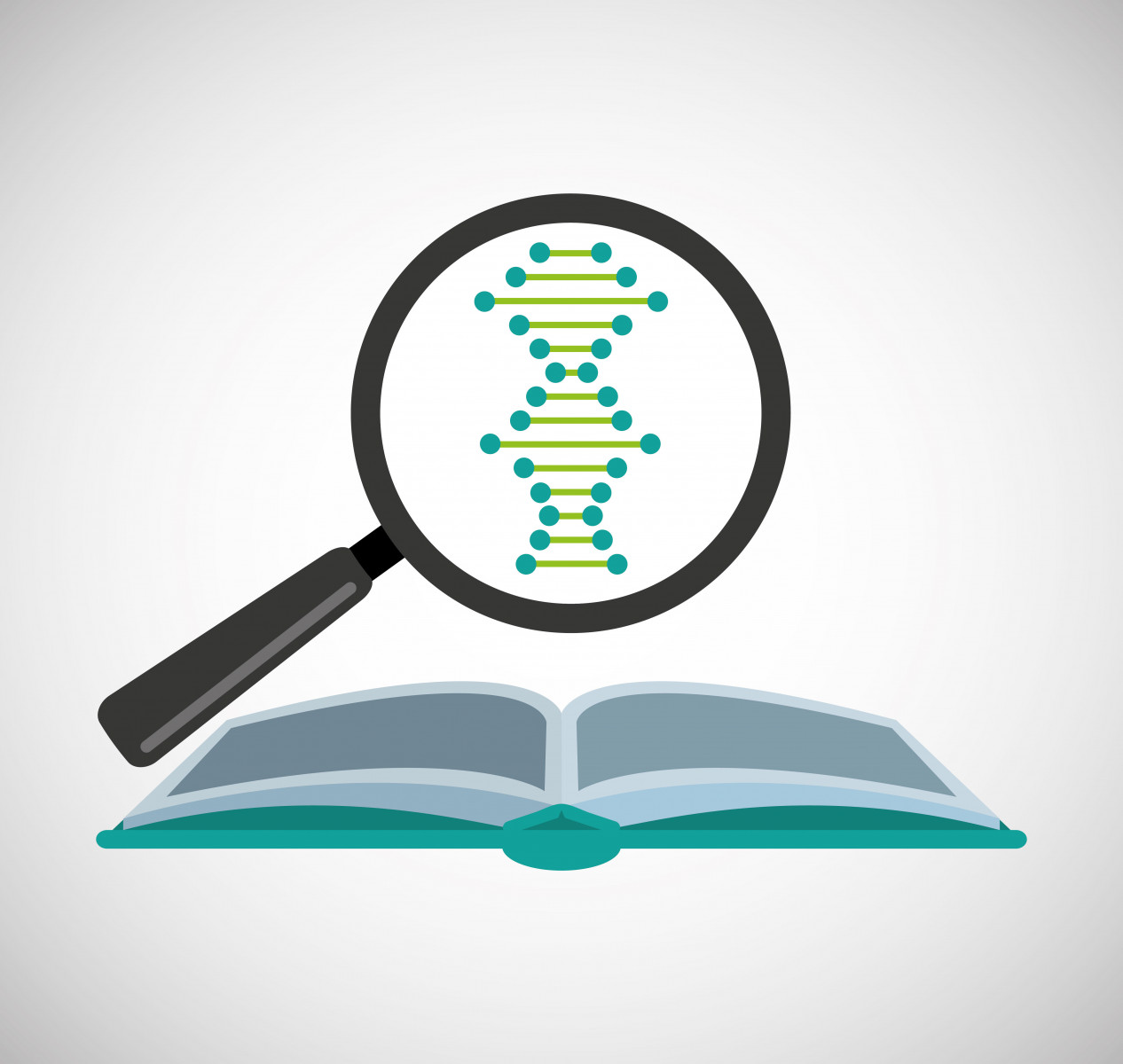Nuffield Council Weighs In on the Ethics of Whole Genome Sequencing of Babies
Written by |

The Nuffield Council on Bioethics, an independent advisory group on ethical issues in bioscience in the United Kingdom and abroad, recently published briefing material on the ethical issues raised by the whole genome sequencing of newborns and small infants. This sequencing is now being used in the U.K.’s National Health Service (NHS) system in cases of severe and rare diseases, such as Sanfilippo syndrome.
Whole genome sequencing is the process of identifying a person’s entire genetic code by using a blood or saliva sample. The process is cheaper and faster today than ever before.
In addition to increasingly being adopted by the NHS, whole genome sequencing could become available in the future to parents through private companies.
For £1,000 (about $1,400) and after a four-week wait, the technology can reveal large amounts of genetic information about a baby. Although the technology exists, the actual process of interpreting results remains difficult, time-consuming, and expensive. Also, ethical concerns exist about how this information should be handled, shared, and stored.
A whole genome sequencing test can reveal a baby’s suspected genetic disease or predict how the baby will respond to certain medicines. It also can be used to predict future diseases and to find other important genetic information.
Some suggest that the NHS’ newborn screening program should be expanded to include more childhood conditions, and that using whole genome sequencing could become a cost-effective way to achieve this.
Although genome sequencing is not yet widely available in the NHS, recent advances such as the “U.K.’s 100,000 Genomes Project” likely will change this situation. The initiative aims to sequence 100,000 genomes from some 70,000 patients with a rare disease, plus their families, and patients with cancer by the end of 2018. Some patients will receive a diagnosis throughout the project, but its main objective is to create a resource for researchers and to develop an infrastructure for genomic services within the NHS.
“Genome sequencing technology has moved at an incredible pace, and we are starting to see the benefits that it can offer to patients with genetic disease,” Dave Archard, chair of the Nuffield Council on Bioethics, said in a press release. “But we need to think carefully about how we handle the sensitive information that can be revealed. Babies do not get a say in this, making it especially important that they, and others, are not disadvantaged in their future lives by a decision taken at birth. We need to make sure there are opportunities for public consideration of the challenges.”
Whole genome sequencing of babies raises important ethical questions concerning not only what kind of genetic information should be shared with parents, but also how this information should be stored and accessed by others, including researchers.
Broader questions on whether increased uptake of whole genome sequencing will change views about genetic variation and disability in society also are raised.
The “Whole genome sequencing of babies” briefing highlights that:
- Whole genome sequencing could potentially improve treatment and care of babies with serious diseases.
- The consequences of sharing additional findings with parents and how genomic data should be stored, accessed, and used need further public consideration and cannot be predicted in advance.
- Whether genome sequencing could be used to expand NHS newborn screening to include additional genetic conditions and how benefits and harms should be weighed is currently a matter of debate.
- Within the medical community, using whole genome sequencing to look opportunistically for disease traits in healthy newborns is not ethical or acceptable. However, some parents will want to receive a broad range of health-related results about their children and will be able to do so from commercial companies in the future.
This is the second in a new series of briefing notes in bioethics published by the Nuffield Council on Bioethics. The first was released last January and titled, “The search for a treatment for ageing.” Further briefing notes will be published this year on topics including the role of artificial intelligence in healthcare and identification biometrics.





